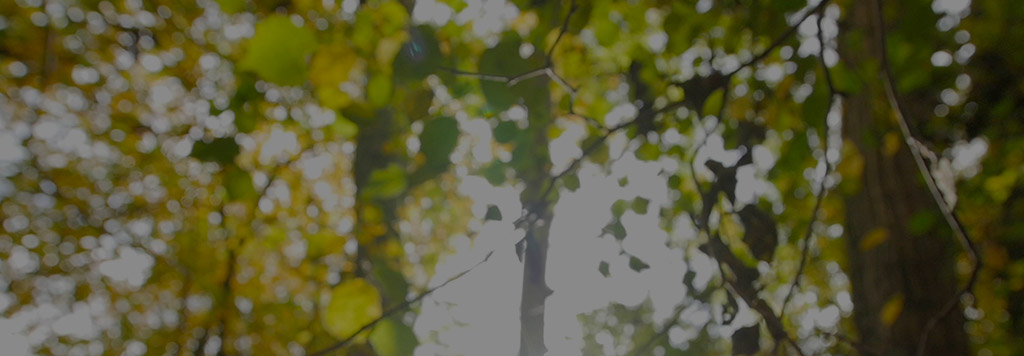Here is some helpful information to make your visit to the nature reserve a safe one.
Ash Dieback
The ash is the most common species of tree growing in Strasbourg’s peri-urban forests.
Chalara or dieback is a disease that has infected ash trees in European forests since the 1990s. The disease originates from a parasite fungus that causes dieback of the root system and affects the leaves and branches of the trees. This destabilizes the ash trees which can then fall.
We have carried out actions following recommendations from the ONF (French National Forestry Office). Ash trees infected with dieback have been felled along the busiest footpaths as well as from roadsides and around buildings for safety reasons.
For your own safety, stay on signed paths as the undergrowth remains an at-risk area.
Beware of Ticks
Ticks are parasites that feed on the blood of vertebrates (especially mammals and humans). In Alsace, they live in bushes and shrubs, tall grass and wetland.
They are most active from April to June but can be also in early fall. They cannot jump or fly so wait to fall or climb onto their host. They then cling on (usually where the skin is the thinnest) by using their mouthparts to pierce the flesh.
How to protect yourself from ticks:
- Wear light and well-covering clothing, closed footwear and tuck your pants into your socks.
- Walk in the center of footpaths to avoid contact with branches or tall grass.
- Wear garments that protect the entire body, preferably tight around the ankles, wrists and neck.
- Use insect repellents at the frequency recommended by the manufacturer.
- After a walk, check your body and don’t forget the scalp.
If you are bitten:
- It’s important to remove any ticks attached to the skin as soon as possible. Ticks can transmit serious diseases to animals and humans.
- Remove the entire tick using a tick remover: do not pull on the tick, always extract a tick by rotation.
- Go see a doctor if you have any of the following symptoms in the days or weeks following a tick bite: growing red marks, headaches, fever, unusual fatigue or pains.

